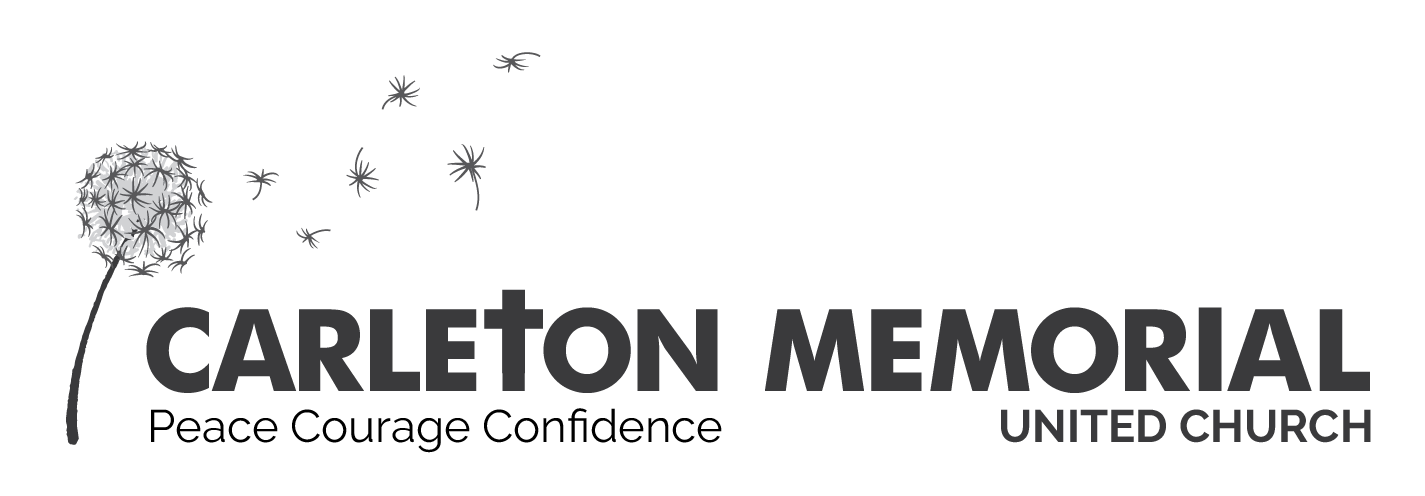Something in me hit a breaking point last week. Or maybe it was more the straw that… well didn’t break my back exactly but certainly had an effect on me.
And I am struggling here to remain in the very tiny space that is free from ridicule where religion is concerned. So I’m not going to struggle any more. I am going to just say what’s on my heart.
I’m not angry so much as tired of having to wade through so many preconceived notions about anything “church” before getting to the good stuff. (And while I am going to limit my comments to the United Church, I don’t want anybody to infer that I am saying that we are somehow “better”. It’s just where I serve and so it’s what I know.)
There are many things that the United Church does not do well. And one of those things is tell its own story.
The United Church has a great story to tell about so many things we take for granted now.
Like anything that involves human endeavors, our history is mixed. And because of the nature of our faith, I think we tend to face those shortcomings faster than the secular organizations I see. We are in fact our own worst critics, which is maybe part of the reason why we spend little time tooting our own horns.
Here is a chronology of some of our milestone events in modern Canadian history:
1936 – Lydia Emelie Gruchy is the first woman to be ordained in Canada. She was bilingual. And she was rejected by three other denominations before she found a home with us in Saskatchewan. To put that into context, women did not yet have the vote in Quebec.
1950’s – The United Church embarks on modern biblical scholarship that seeks to put biblical teachings in a historical-critical context. The United Church intentionally sends people to learn from some of the world’s avant-garde theologians, people like Paul Tillich. I had the opportunity to be mentored for a short time by one of our ministers who knew Tillich personally.
1960’s – Based on changing times, the United Church begins to look at how families and faith come together in an emerging modern world. It openly grapples with questions around lay leadership (i.e. everyday people, not ministers), human sexuality and divorce. It is also involved in lobbying for universal health care.
1970’s – The United Church is among the participants in emerging discussions around inter-faith dialogue between Jews, Christians and Muslims. During that time we send delegates to various talks around the world. I had the opportunity to speak with one such delegate who went to Africa in 1973 – her husband being my mentor who studied under Paul Tillich.
1980’s – The United Church begins to grapple specifically with the homosexual question. First talks started in the early 1980’s, and led to a national consultation and ended up with the democratic landmark decision to ordain homosexual people in 1988. This, to the best of my knowledge, is a first in the world. Perhaps not so coincidentally, the United Church elects its first woman to the head of the church during this time (known as a “moderator”). And while that is a long time since the first woman minister was ordained, consider that Canada has yet to elect a woman to be Prime Minister in a general election.
1990’s – The United Church wrestles with the ugly question of residential schools, actively working to reconcile as best as possible, seeking to establish a fund to compensate victims as well as give an expanded voice to Indigenous people within the church. Most recently the church modified its crest to reflect native spirituality.
2000’s – The United Theological College, my alma-mater, becomes the first “Affirming Seminary” in the world – that is to say that it actively tells the world that it is a safe place for homosexual clergy. When you consider what is going on still today, perhaps we could use more of this.
2010’s – We wrestle with an emerging understanding of “God”, having written a new creed that better reflects what I call the humanity of faith (known as the Song Of Faith – 2006). Of course, we get played as some sort of pseudo-church because we have an “atheist” minster. That’s great fodder to sell newspapers on a slow day – and it makes for novel talk.
But when you think about how you hear so much talk about how backward thinking church is, I find it a little disappointing that the United Church is not recognized more for proactively tackling divisive questions in search of harmonizing answers. Seems to me our political and social scene could use some of that kind of courage. (Edit – again perhaps not so coincidentally, we elect our first openly homosexual moderator – although he is not elected in any way shape or form because his sexual orientation, but rather for his vision for a responsive and progressive way of being church. The message being that by now, we really don’t care about your sexual orientation or social status – we care more about your ideas.)
Most recently – The United Church is democratically reforming itself to better itself – to become more financially effective and socially responsible. Every member is being consulted through our delegate process. The church is making the courageous decision to liberate more funds for what we call outreach – that is social service with no strings attached.
The United Church knows it’s not perfect. It knows Utopia is elusive at best. It finds solace in biblical teachings because it reminds us that human nature needs to know two things – (1) We need to respect a something greater than ourselves in order to make room for each other. (2) The surest way to fail is to never try.
So those are the headlines you never read. But there is more – beyond headlines – there are the stories you never hear.
The stories you never really hear are countless, because right across the country they happen every day.
Stories of everyday people doing everyday things out of a sense of peace, courage and confidence to support the grand ideas of their church. Things like emotional and spiritual support in hard times, dinners and small unsung missions, a sense of community for those who are alone. Celebrating life, grieving death, and keeping on. An ethic that says before I complain I ask: How can I volunteer, how can I donate time and money to a cause where only my faith will say thank you?
Thanks for listening. If anything I said makes sense to you and you are in a church, share this with your friends. If you are not, consider attending one. Not only are the doors open but the hearts of the believers in the “United Way” are too.
Again, thanks for listening.
Be blessed. Be a blessing.
Rev Eric Lukacs













Connect with Carleton Memorial